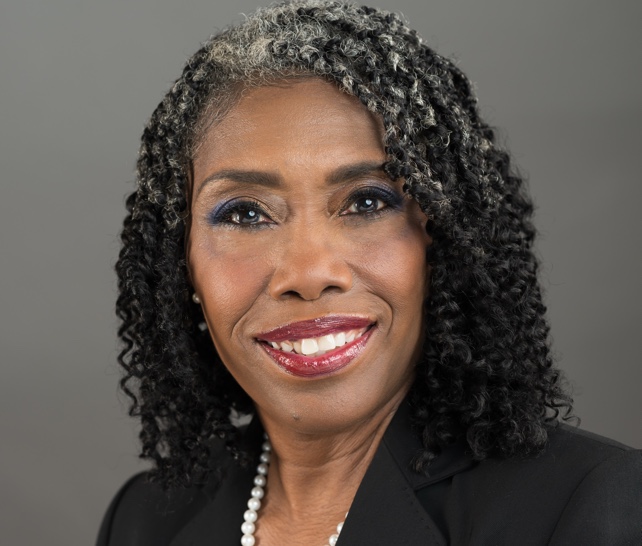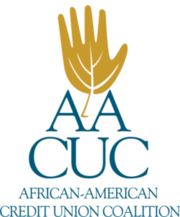Conversations about race can be a difficult journey. The topic is laced with colloquial phrases and misnomers. A simple expression can provoke deep emotions and misunderstandings.
I have grown up hearing the phrase “playing the race card.” This is an idiom that refers to the mistreatment of a minority group. In some instances, the phrase is weaponized to put another group on the defense. I think its time we turn this phrase on its head from a different perspective.
Recently, I had the privilege of moderating a DEI panel for a Corporate Partner’s conference. The panel consisted of 3 well respected gentlemen who are CEOs of credit unions with over a billion dollars in assets. The panelists were John Bissell, Greylock FCU, Paul Kundert, University of Wisconsin FCU, and Maurice Smith, Local Government FCU and Civic FCU. They were asked to provide their insights on their organization’s DEI Journey, which they did brilliantly.
The panel discussion was a hit. Each were engaged, transparent and honest. This led me to push them a little further and pose a revealing question. I was moved to ask, “We hear about the Race Card often…what would an Ally Card look like?”
This is a good time to pause for a moment and share a little inside baseball about panel discussion moderations. The role of the moderator is to keep the conversation focused and moving. We often prepare by writing a few predictable questions. Every now and then, something special happens. These are the moments when the conversation shifts in an unexpected way. This is when we realize we have hit upon a revelation. This is when I get goose bumps and tear up.
Back to the story. These three panelists did not know that the question about a race card versus an ally card was coming.We did not preview this. Their responses were thought-provoking and oh so honest.Dare I say our speakers allowed themselves to be vulnerable among their peers.
During the discussion, we landed on the fact that having an Ally Card doesn’t just mean that you are “white” person who feels bad about how the Colored Majority has been treated in the United States of America.An Ally Card can be many things, and anyone can be an Ally.
For instance, I am an Ally.In my role at the African American Credit Union Coalition, I am often asked to provide insights on aspects of Diversity, Equity, Inclusion and Black Culture.Those insights include:
- Providing statistics on African Americans who are leading credit unions.
- Assisting in the creation of organizations’ DEI Plan.
- Providing counsel of what to do for Black History Month.
- Providing counsel of what to do for Juneteenth.
- Providing techniques to have uncomfortable and difficult conversations.
- Providing information on using Black or African American (I wish you could be a fly on the wall when I have these conversations with the Colored Majority).
- Providing definitions of the difference of being curious and micro-aggressive.
- Black Hair Care.
- The “Talk” - what to do when stopped while driving and Black.
During the panel discussion, we determined that you didn’t have to be a “white” person to be an Ally.Anyone who has an interest in providing support, insights and resources to the Colored Majority can be an Ally.
The World Council of Credit Unions has a Global Women’s Leadership Network. Susan Mitchell, founding Chairwoman, was instrumental in creating the He for She Initiative.That initiative focuses on enlisting the support of men to help promote and sponsor women in business.Imagine if we replicated that concept with Allyship?Anyone could participate.It doesn’t matter what your background, all you need is a willingness to learn, self-educate and be courageous enough to admit your blind spots and to self-correct.
I am proud to be an Ally. It is important to remember that Diversity, Equity, and Inclusion is not just about race. It is so much more than that. The very principles for which we stand salute the notions of equality, inclusion, and engagement. Any movement that furthers these ideals is consistent with credit union values.
If this feels compelling to you, you may ponder "how does my credit union become an ally?" Start by listening to the entire audience. The audience includes your membership, your staff, and your community. Voices unheard are lost opportunities for engagement. It is in the best interests of credit unions to build allies to be an ally.
I invite you to join AACUC, our members and all the allies in the Credit Union Movement on this journey. We will proudly play our Ally Card and show the world what our credit union community really stands for.








